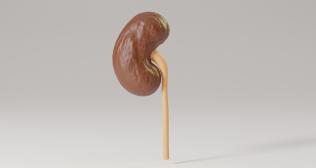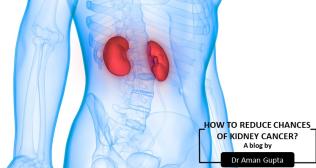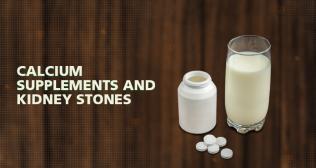How Hernia Affects Us?
What is a Hernia?
A hernia is an abnormal protrusion of part of the intestines through a weak part of the abdomen, that is, part of the guts is poking through the abdominal wall. Normally, the front of the abdomen has several layers comprising of skin then fat then muscles and broad ligaments. Underneath all these lie the intestines (guts). If, for any reason, there is a weak point in the muscles or ligaments, part of the intestines push through. You can then feel a soft lump under the skin. Inguinal hernia occurs when a portion of the small intestine enters the inguinal canal.
Where do they occur?
The most common site is in the groin as the groin is often the weakest point of the abdomen. However, hernias can be found sometimes at other sites eg. next to the navel (belly button) or under an old operation scar.
What are the symptoms?
Sometimes they are noticed after a strain, for example, lifting a heavy object.Sometimes they come on for no good reason and a small lump may be noticed, usually in the groin area. Usually, at first, the lump can be pushed back, but may pop out after straining again. Coughing is a common strain that brings them out. They are not usually painful, but many people feel an ache over a hernia.
In time, they might become bigger as the gap in their muscle or ligament tissue becomes larger. Sometimes in men they track down into the scrotum.
Are they serious?
Usually not. However, treatment to fix them is usually advised for 2 reasons:
- They may gradually become bigger and more uncomfortable.
- There is a small chance they might strangulate. A hernia strangulates when too much intestine has come through the gap in the muscle or ligament and then it becomes squeezed. This cuts off the blood supply to the portion of intestine in the hernia. This can lead to severe pain and some damage to the part of the intestines in the hernia. These strangulated hernias are uncommon and are usually dealt with by emergency surgery.
However it is preferable to have the hernia fixed by routine rather than emergency surgery.
Treatment
- TEP – Total Extra Peritoneal Repair
- TAPP – Trans Abdominal Pre – Peritoneal Repair
- Laparoscopic / key hole surgery
Through two or three small key holes in the belly contents will be reduced inside the tummy. The defect will be closed by keeping the mesh.
Advantages
- Early discharge from the hospital
- Less pain
- No scar
Open Surgery : Through a cut in the skin over the swelling, the contents will be pushed inside, repair of the defect will be done by keeping the mesh.
Disadvantages: More pain and discomfort



















